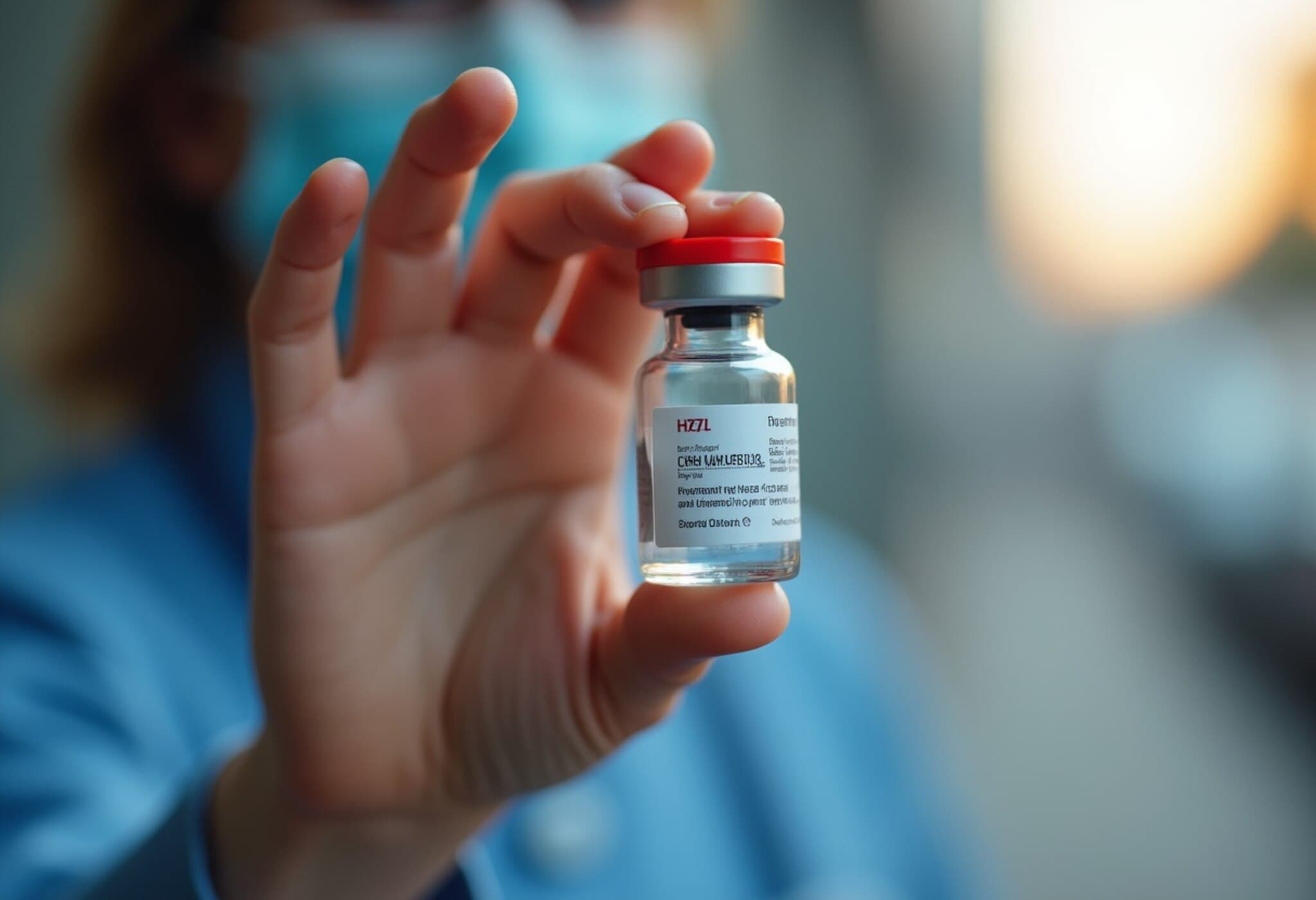Understanding the Growing PCOS Challenge Among Indian Women
Polycystic Ovary Syndrome (PCOS) is increasingly recognized as one of the most common hormonal disorders impacting women of reproductive age, particularly across urban India. Affecting an estimated 7.2% to 19.6% of Indian women, this condition presents a spectrum of symptoms including irregular menstrual cycles, weight gain, acne, excessive hair growth, and infertility.
The Complexities in Diagnosing PCOS
Pinpointing PCOS can be tricky. The traditional approach relies on the Rotterdam criteria, which demand at least two out of three conditions: irregular periods, elevated androgen levels, or polycystic ovaries detected via ultrasound. However, this pathway is often fraught with delays and ambiguity. Many patients remain undiagnosed for years, postponing crucial treatment.
Why Diagnosis Is Often Delayed
- Limited awareness about PCOS symptoms
- Social stigma around reproductive health issues
- Reluctance toward invasive tests like transvaginal ultrasounds, especially among unmarried women
- Symptoms treated in isolation, such as focusing only on acne or menstrual irregularities
- Psychological strain caused by anxiety over fertility and body image
Traditional Diagnostic Tools: Strengths and Limitations
- Ultrasound Scans: Detect multiple small ovarian follicles but can be uncomfortable and must often be timed within menstrual cycles.
- Hormonal Blood Tests: Measurements of testosterone, LH, FSH, and prolactin help identify hormone imbalances.
- Glucose and Insulin Resistance Tests: These assess metabolic disturbances linked to insulin resistance, a common PCOS factor.
- Thyroid and Lipid Profiles: Essential to rule out other conditions and evaluate broader metabolic health.
The Game-Changer: AMH+ Test for Early, Accurate Detection
Emerging as a breakthrough in PCOS diagnostics is the AMH+ test, which measures Anti-Müllerian Hormone levels via a simple blood draw. Elevated AMH is directly linked to the characteristic increase in ovarian follicles seen in PCOS. Unlike ultrasound scans, AMH+ testing is non-invasive, can be performed any day of the menstrual cycle, and delivers precise insights.
This test, notably the first DCGI-approved AMH diagnostic tool for PCOS in India, also holds the CE mark in Europe, underscoring its reliability and international recognition.
Empowering Women with Timely Diagnosis and Proactive Care
Timely and accurate diagnosis is pivotal in managing PCOS effectively and mitigating long-term risks such as type 2 diabetes, cardiovascular disease, and endometrial cancer. Incorporating cutting-edge tests like AMH+ into standard diagnostic protocols promises a more patient-friendly, efficient, and accurate approach.
Coupled with clinical expertise and lifestyle adjustments, these advancements enable women to better understand, manage, and take charge of their reproductive health journey.











